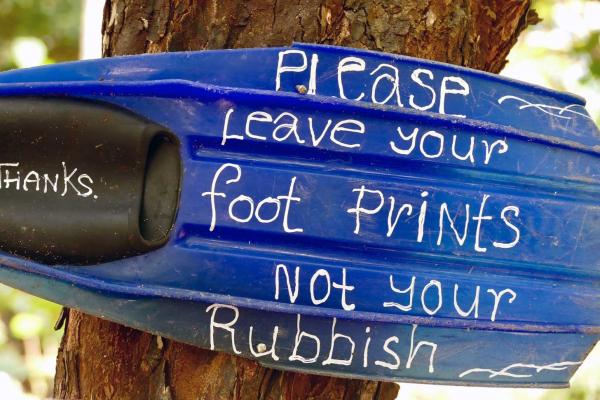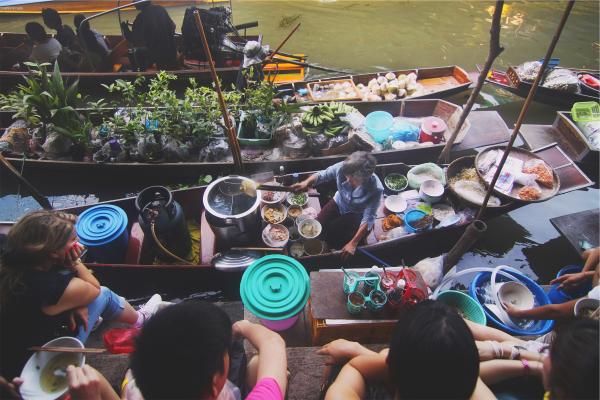In the late 19th century, when the British annexed the land, they called it Burma after the ethnic majority, the Burmese. When the country negotiated independence, the official name was the Union of Burma.
Myanmar, pronounced Myanma in the Burmese language, is the name used by citizens to refer to their homeland.
When the current military rulers seized power in the late 1980s, they changed the name of the country to the Union of Myanmar in order to cut ties to the colonial past. Similarly, names of towns, cities and rivers throughout the country were changed from their anglicised colonial names to indigenous names. The capital city Rangoon became Yangon; Bagan became Pagan; the river Irrawaddy became Ayeyarwady, and so forth.
The UN has accepted the name change, although many opposition prefer to use the 'pre-junta' name Burma, in defiance of the regime. They argue that changing a country's name requires the support of its people, which the unelected regime does not have. Others argue that using a Burmese name ignores the numerous other ethnic groups in Burma, whose first language is not Burmese.
The Canadian, UK and US governments endorse the name Burma.
This article was first published in Verge's Summer 2005 issue.
Read more:
Backgrounder: Burma
Burma's Vital Statistics




